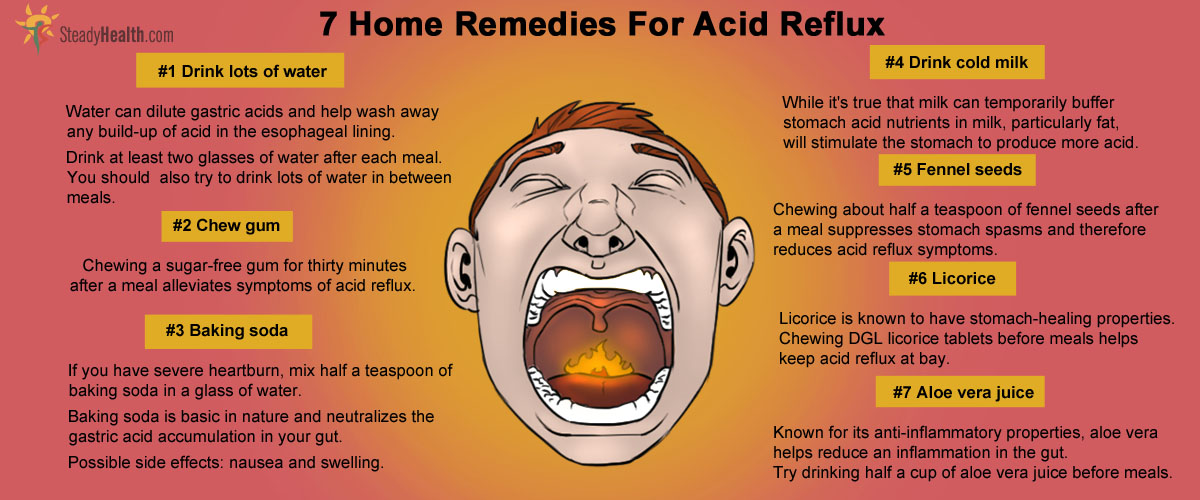Table of Contents
What is Acid Reflux?
Acid reflux is a medical condition wherein acid from the stomach flows back all the way into the esophagus — because the muscular valve at the entrance of the stomach (esophageal sphincter) fails to close once the food passes through it. This can cause a burning chest pain also known as heartburn. Acid reflux is a common problem which we face quite often. In a majority of the cases, acid reflux is harmless.

Common symptoms of acidity include sore throat, chest pain, heartburn, and dental erosion. Some acid reflux patients also experience dysphagia, which is a medical condition characterized by difficulty in swallowing.
Common Risk Factors for Acid Reflux
Read More: Acid Reflux and Heartburn: How to treat it?
Other risk factors for acid reflux are listed below:
- Hiatal hernia: The upper part of the stomach and the lower esophageal sphincter move above the diaphragm when you suffer from hiatal hernia. This results in acid moving up the esophagus and is accompanied by heartburn.
- Being obese and overweight can also cause acidity.
- Indulging in snacks while going to bed can cause acid reflux.
- Eating more than your normal diet and lying down immediately after having your meals can also cause acid reflux.
- Consuming specific foods such as tomatoes, chocolates, citrus fruits, mint, onions, garlic, and spicy foods often causes acid reflux.
- Certain medications such as Aspirin, ibuprofen, blood pressure medication, and muscle relaxers can cause acid reflux.
- Pregnancy: The third trimester of pregnancy is often characterized by episodes of acid reflux. As the baby grow, it presses the stomach and this can cause the acid in the stomach to move back into the esophagus. Antacids are often not able to relieve acid reflux caused by pregnancy.
- Peptic ulcers: Peptic ulcers, characterized by a deficiency in digestive enzymes in the stomach, tend to slow the entire digestive process. This results in a buildup of gastric acids in the stomach which may eventually flow back into the esophagus.
- Smoking and consuming alcohol: The saliva of smokers contains lower levels of bicarbonates which tend to neutralize acids. Smoking can trigger the production of gastric acids and is also known to weaken the esophageal sphincter. All these factors can lead to acid reflux. Cutting down on alcohol consumption can alleviate the symptoms of acid reflux.
- “Gastroesophageal Reflux Disease”, by Peter J Kahrilas, et al. Published in the October 2008 issue of the New England Journal of Medicine, accessed on November 7, 2013
- “Are Lifestyle Measures Effective in Patients With Gastroesophageal Reflux Disease?” by Tonya Kaltenbach, et al. Published in the May 2006 issue of the Archives of Internal Medicine, accessed on September 15, 2013.
- Mindmap by steadyhealth.com
- Photo courtesy of Marina Shemesh by Flickr : www.flickr.com/photos/marinashemesh/6331771638/

